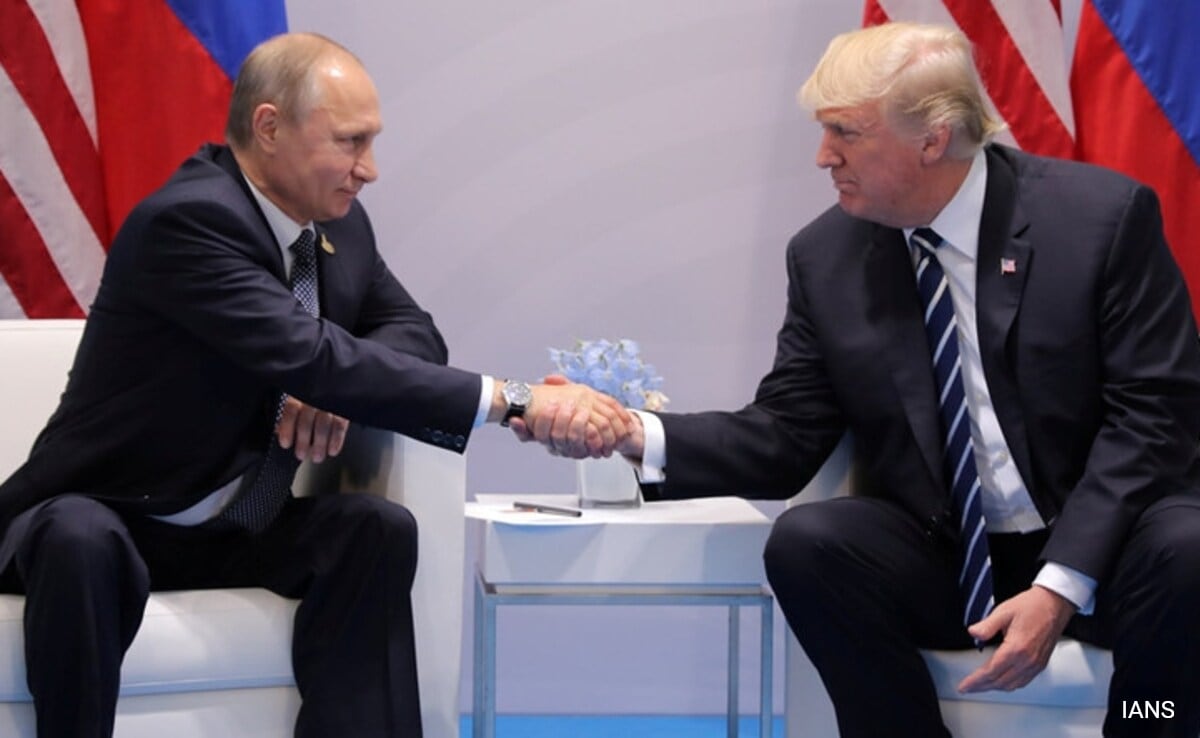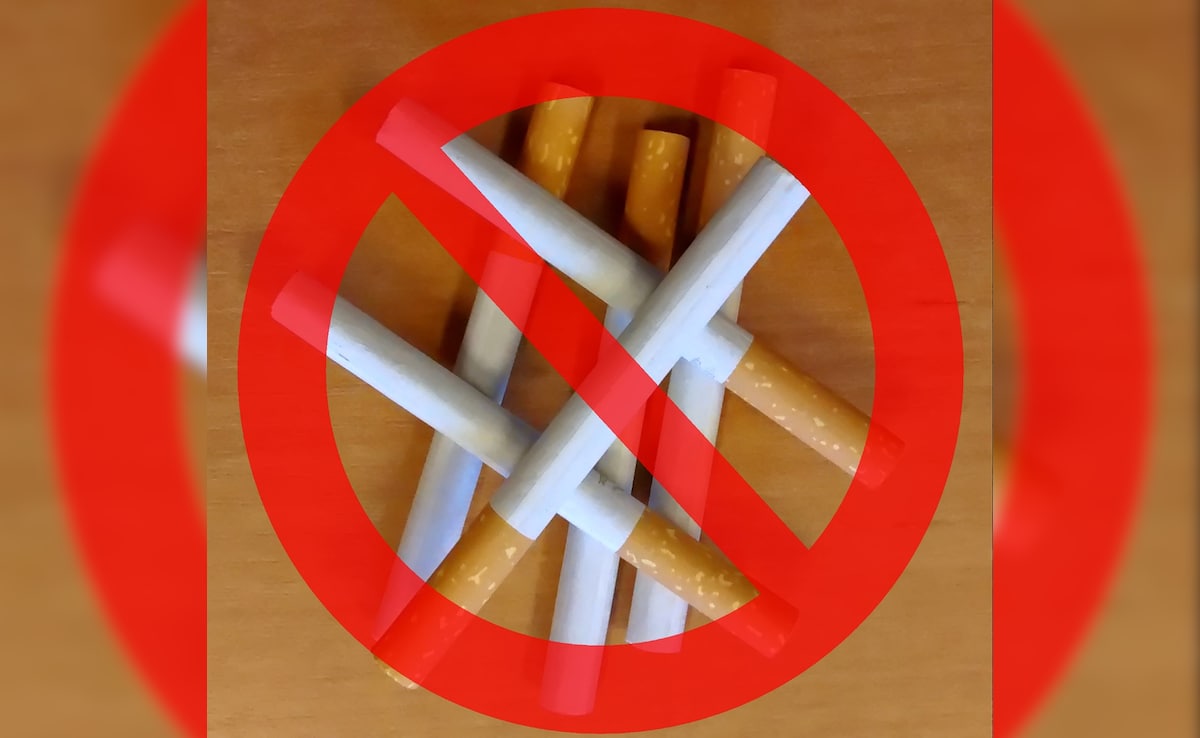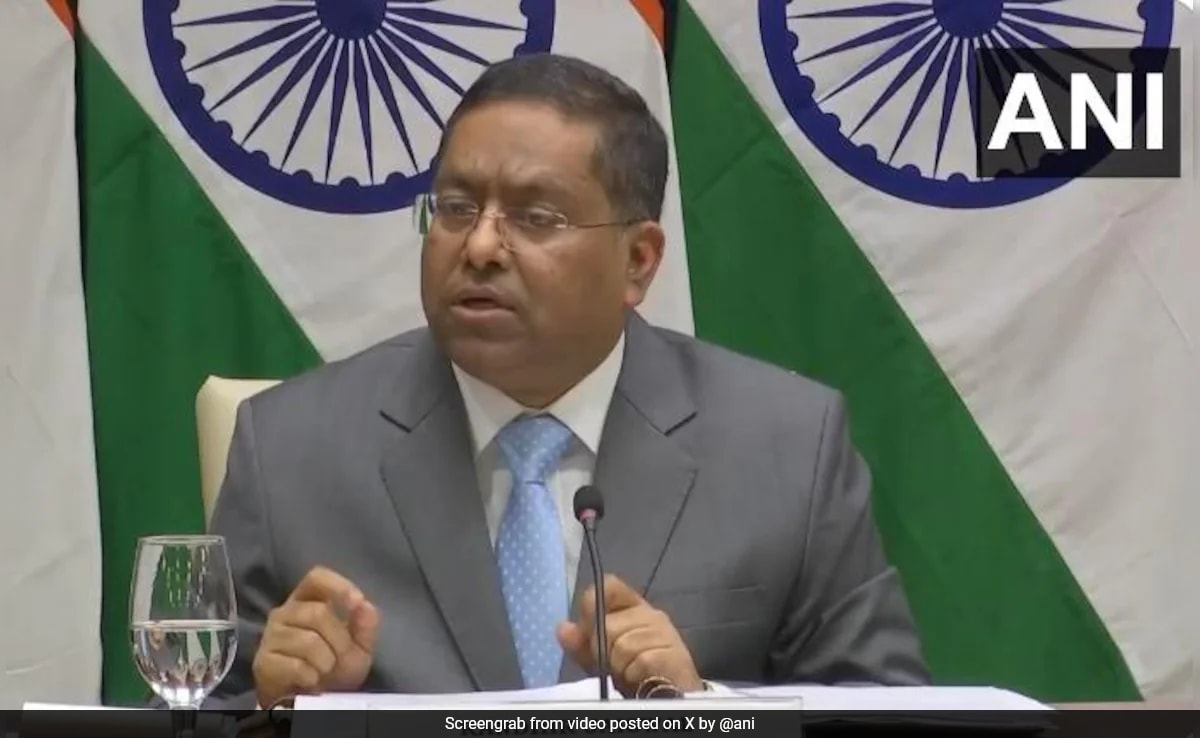Sergei Shoigu, who is being replaced as Russia’s defence minister, spearheaded Moscow’s offensive in Ukraine and has been the country’s longest-serving minister, as well as being one of Vladimir Putin’s few close friends.
However, his handling of the assault against Ukraine was criticised by many in Russia and his reputation was further hit by recent corruption accusations against one of his deputies.
In 2023, late Wagner mercenary chief Yevgeny Prigozhin began a very public feud against the higher echelons of the Russian military over the conduct of the conflict.
Prigozhin, who later led a short-lived mutiny and died in a mysterious plane accident, accused Shoigu in particular of being a “dirtbag” and “elderly clown” in furious audio messages that went viral in Russia.
Although Russia’s fortunes have changed on the battlefield in recent months, with a string of recent advances, Shoigu’s reputation has failed to recover.
Under pressure
Even before the Prigozhin revolt broke out, Shoigu had been under immense pressure due to initial setbacks during Russia’s offensive in 2022.
According to a widely shared video from June 2023, Putin and Shoigu attended a handing out of medals at a military hospital, where the Russian president was shown turning his back on the defence minister in apparent disdain.
In recent years, there were no more public expressions of macho friendship or pictures showing the two men sun-bathing bare-chested together in remote Siberia, sharing fishing holidays and playing on the same ice hockey team.
The 68-year-old, who had served as defence minister since 2012, has had a decades-long political career of unmatched longevity in post-Soviet Russia.
His presence at the centre of power in Moscow predates that of Putin himself.
Hailing from the Tuva region of southern Siberia, Shoigu is among the few non-ethnic Russians to have occupied a top post in government after the collapse of the USSR.
Political survivor
He began his ascent in 1994 when he was appointed emergency situations minister in the early years of the Boris Yeltsin presidency.
Shoigu became a familiar and unflappable presence for Russians, as well as one of the country’s most popular politicians, as he raced around the country to deal with disasters ranging from plane crashes to earthquakes.
Serving under a dozen prime ministers, he held that post until 2012, when he was appointed governor of the Moscow region before swiftly being named defence minister by Putin the same year after a corruption scandal felled his predecessor Anatoly Serdyukov.
He was immediately named a general, despite having no high-level military experience, but successfully oversaw operations including the 2015 intervention in Syria, which has kept Moscow’s ally Bashar al-Assad in power.
For his 65th birthday, Putin had a special present for his friend, one of Russia’s highest decorations, the “For Merit to the Fatherland” medal to add to a chest already stuffed with decorations.
But the far less successful offensive in Ukraine — which the Kremlin initially hoped would see Russian tanks roll into Kyiv — persistently raised questions about his future.
After the start of the offensive in February 2022, Shoigu was reduced to mumbling encounters reporting to Putin or simply consigned to a screen as the Kremlin chief oversaw video conferences.














